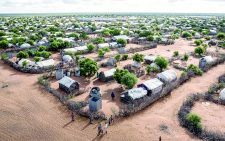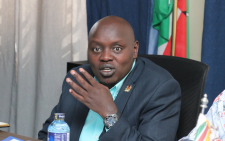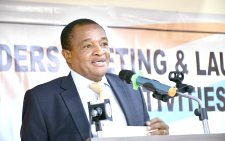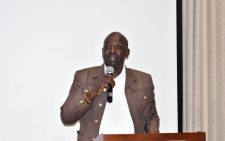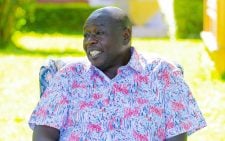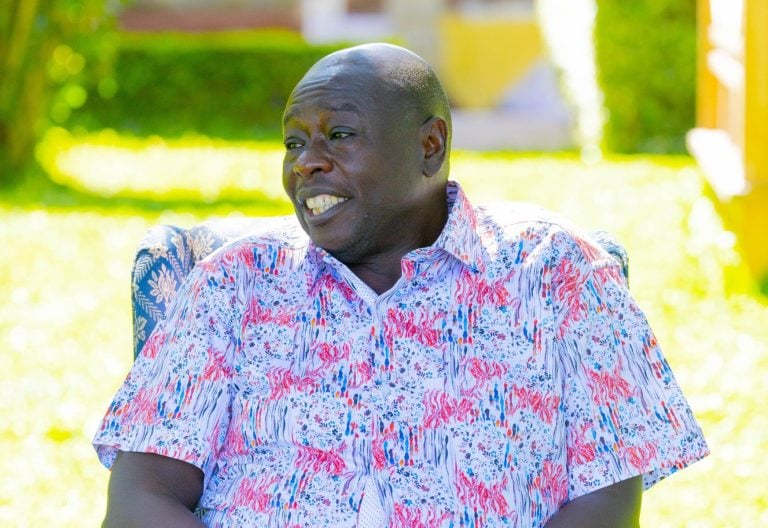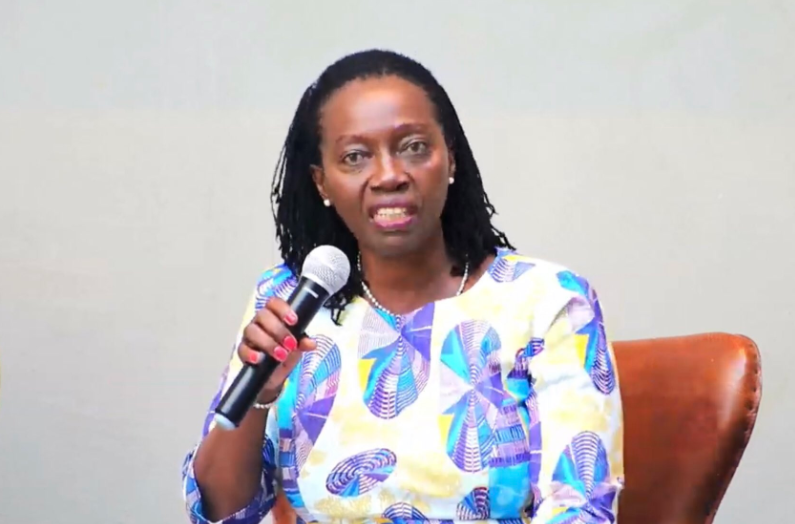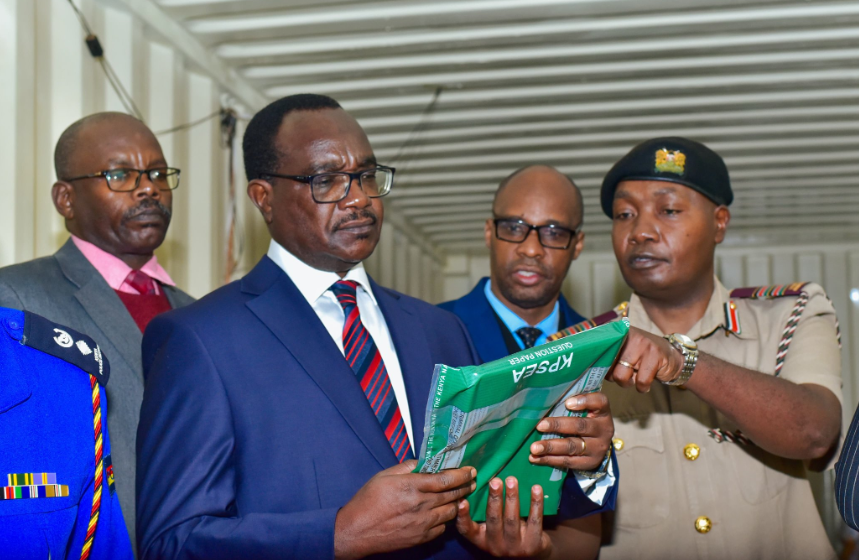Climate talks exposed intellectual poverty in newsrooms
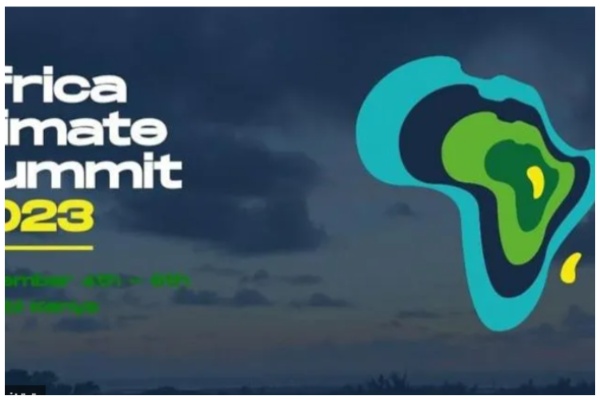
“Thank God imekwisha,” a colleague sighed as curtains fell on the Africa Climate Change Summit.
Covering the event was one hell of a nightmare for journalists. Many were reduced to bystanders.
Matters were complicated by the good problem that we have a scientist as president who assumes that all Kenyans can tell the difference between the weather, environment and climate.
We gather he wrote a thesis on the influence of human activities on land use changes on environmental quality of riparian ecosystems. Sample the scientific and money lingo that has been rolling out of tongues at the conference. President William Ruto spoke of “reconfiguring of the global financial architecture.”
Delegates spoke about “carbon credits,” “carbon sinks,” “just energy transitions,” decarbonisation and the divide between the global North and South. The declarations touched on the operationalisation of the “Loss and Damage Facility” agreed at Cop27.
A lot of journalists found themselves in the deep end, struggling to interpret the heavy jargon for their consumers. The role of a journalist is translating observation into news copy. This is where accurate reporting, educated, disciplined analysis, wide reading and good training converge.
Our soft underbelly and lack of stamina on reporting on technical subjects such as climate change was exposed. Ask journalists working for vernacular media who to translate “carbon credit” for the audiences.
It should be a sobering moment that our journalistic frailties consistently come to bare when reporting on subjects such health, especially mental health—we call mental patients madmen—science, history, technology, regional integration, labour mobility, global financing, energy, geo-politics and religion.
Because of lethargy to explore these facets of knowledge and new conversations, reporting on these subjects is conveniently relegated to the womb sections of newspapers or at the tail end of bulletins as “round-ups.”
“Hard” subjects are assigned to the “soft” side of newspapers as part of “lifestyle” magazines in favour politics and the spectacle.
The basis of this tradition is not easy to explain but maybe it has to do with the attitude of newsroom leaderships.
It has been argued that many newsrooms sag with testosterone whose decision making is inclined to the masculinity of such “tough” things as politics and big money on the front pages.
The late veteran Philip Ochieng always barked at what he considered to be intellectual poverty, barrenness in newsrooms which he attributed to lack of motivation for self-education.
The revered wordsmith, who did not have a university degree spent a fortune educating himself.
“My line was to be literature, but I have educated myself in Chemistry, Physics and French. Math has probably been my biggest challenge,” he said.
But PO had a more contrarian view in the diminishing intellectualism and apathy in coverage of the sciences which he blamed on the fact that most Kenyan newsrooms are “led by students of the Arts.” Well, that was vintage PO.
When South Africa independence hero Walter Sisulu died, Nelson Mandela described him as “the best among us, the greatest amongst that generation of great freedom fighters.”
Here, when Weekly Review founding editor Hillary Ng’weno passed on in 2021, veteran editor Joe Odindo, mourned him as the “greatest of Kenyan journalists” and “one who did more for the profession than any has ever done.”
Ngweno, who became the standard bearer for political news reporting in Kenya, distinguished author and public intellectual, studied Nuclear Physics at Harvard.
The dearth of media intellectuals like Philip and Ngweno can be blamed on lack of self-education, poor pay and the near servitude in media houses that has seen many journalists leave newsrooms.
But there is a solace.
Schools of journalism should be encouraged to review their outdated courses to include teaching on specialised reporting on subjects such as climate change, health, environment, integration, international financing, and history.
— The writer is the Political Editor at People Daily /emekamayaka@gmail.com
